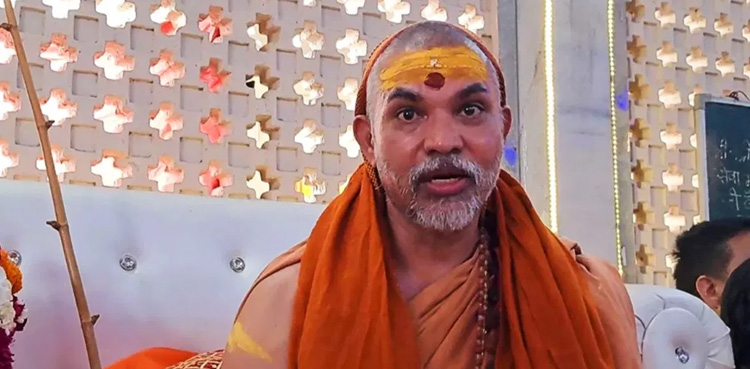
A priest from India has made serious accusations against the Indian government, claiming that the promises to block Pakistan’s water are misleading the public.
Speaking to local media, the priest criticised Prime Minister Modi’s administration, stating that the government is using water politics to deceive the people.
He alleged that India currently has no arrangements in place to stop the flow of the Indus River.
According to the priest, even if the Indian government began working on halting the Indus water, it would take at least 20 years to achieve.
He further accused the government of repeatedly making false claims about blocking Pakistan’s water, suggesting that the statements were merely tactics to mislead the Indian public.
The priest said, “Someone has clearly failed in their responsibility, and that failure must be held accountable.”
Read More: India suspends Indus Waters Treaty, closes borders with Pakistan
Earlier, India announced to suspend the Indus Waters Treaty, also known as the Sindh Tas Agreement, and asked Pakistani nationals to leave India within 48 hours.
India’s foreign ministry announced that the Attari and Wagah borders will be closed. Pakistani nationals will no longer be able to travel to India under the SAARC visa exemption.
“The Indus Waters Treaty of 1960 will be held in abeyance with immediate effect,” India’s top diplomat Vikram Misri told media persons in New Delhi.
The Indian foreign ministry also announced to India recall all its defense attachés from Islamabad.
The attack in Pahalgam, Indian Occupied Jammu and Kashmir, a popular destination in the scenic, mountainous region, claimed at least 26 lives.
Following the attack, Indian media and social media accounts linked to intelligence agency RAW swiftly began targeting Pakistan with unfounded accusations.
The narrative also attempted to portray the incident as religiously motivated, with claims that non-Muslim tourists were deliberately targeted.
As in previous instances, Indian media has continued to circulate baseless propaganda, raising further questions about the credibility of the official narrative.
